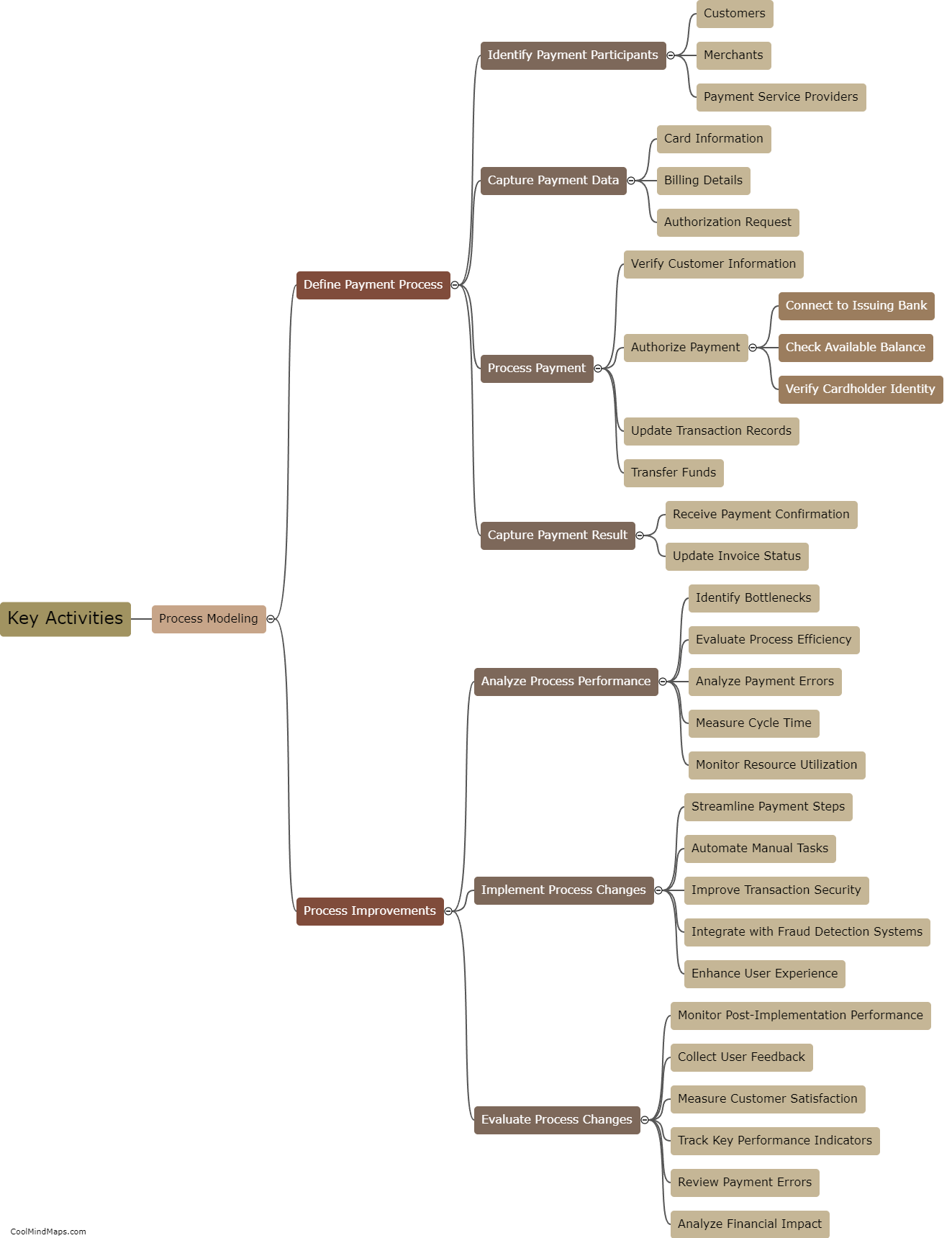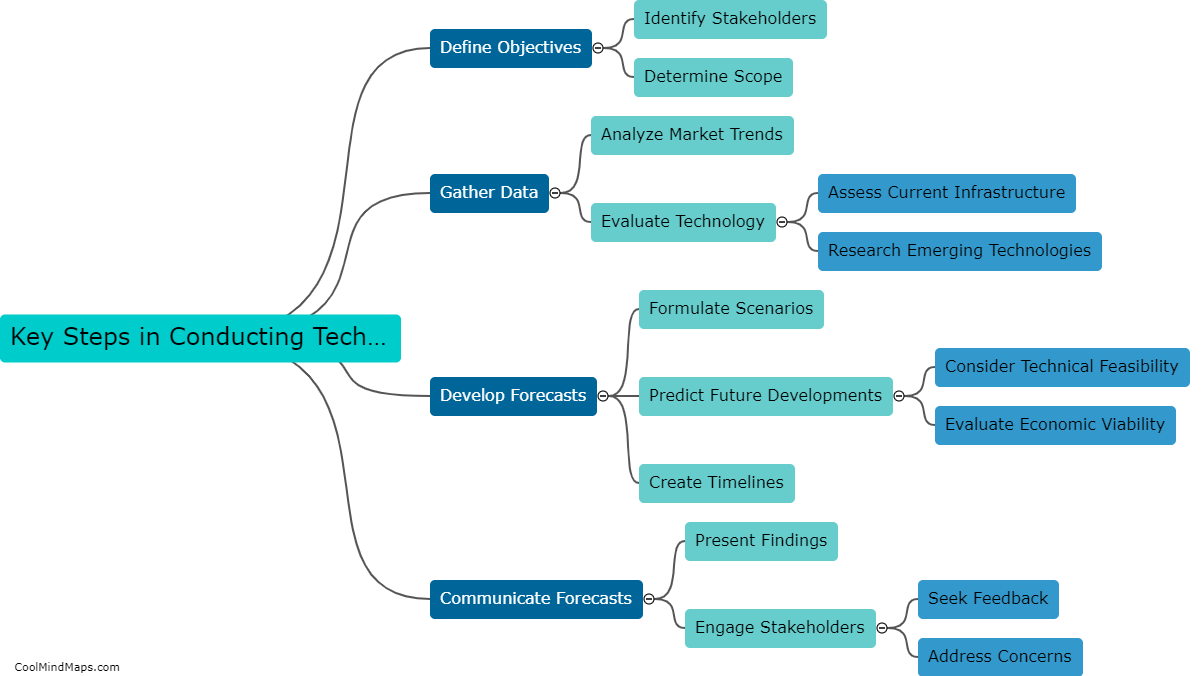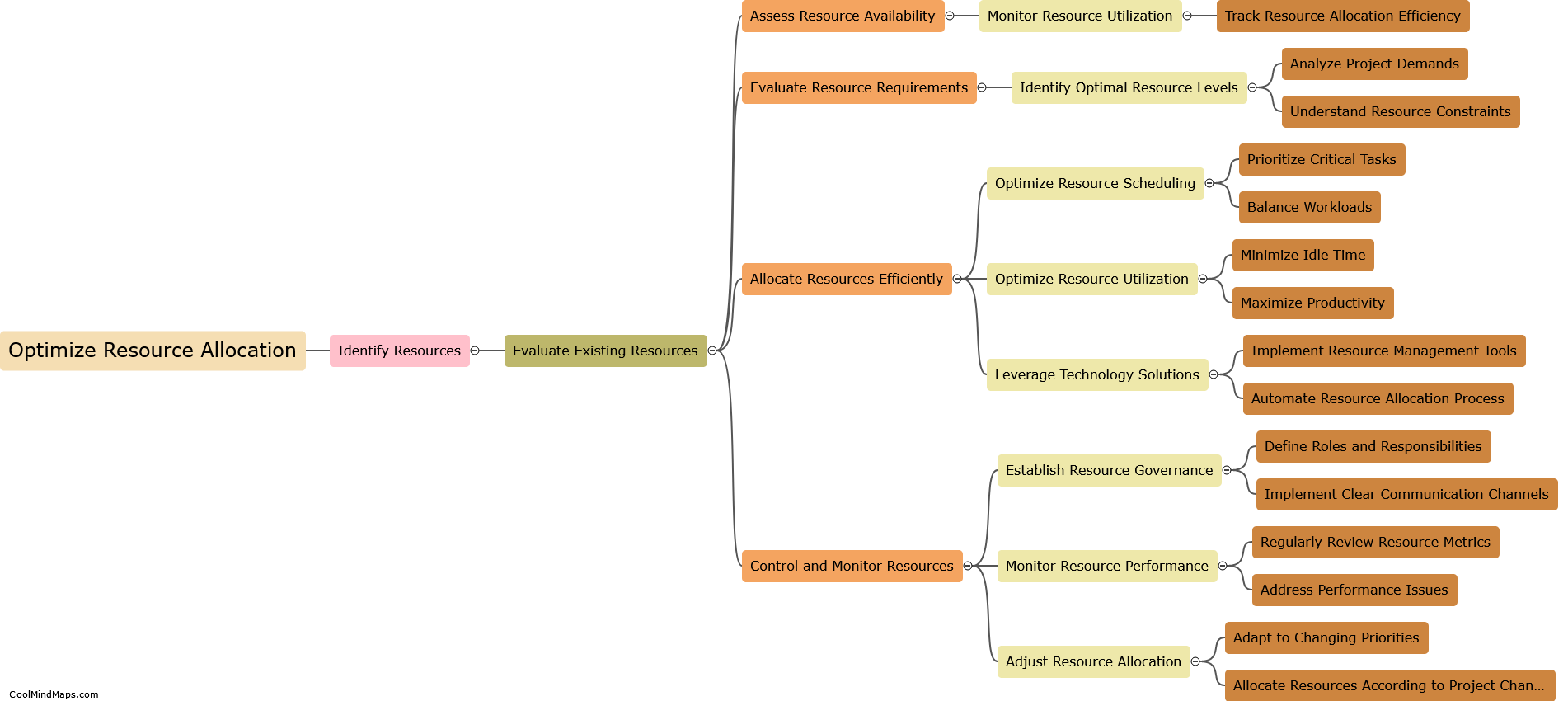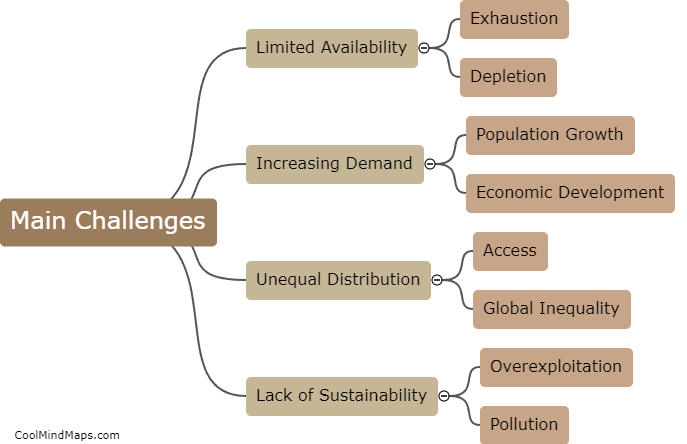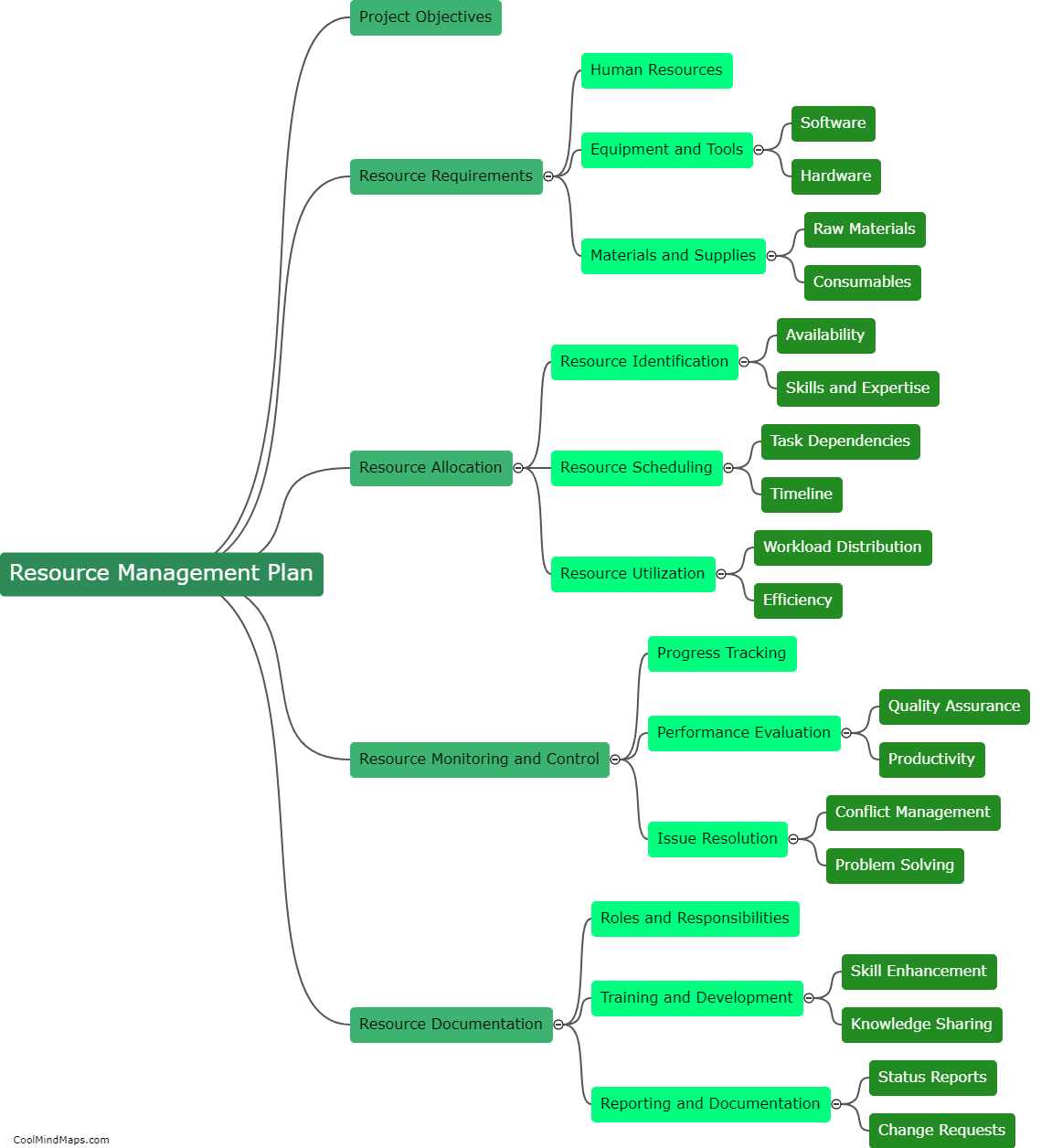What are the key responsibilities of local administration?
The key responsibilities of local administration typically encompass managing various aspects of governance at the local level. This includes tasks such as ensuring public safety and security within the community, maintaining and improving local infrastructure, providing basic services like water and sanitation, managing land and zoning regulations, overseeing local elections and electoral processes, and promoting social and economic development. Furthermore, local administration plays a significant role in coordinating with higher levels of government, advocating for the needs and interests of the local community, and fostering community engagement and participation in decision-making processes. Overall, the responsibilities of local administration are aimed at ensuring effective and efficient governance and addressing the specific needs of the local population.
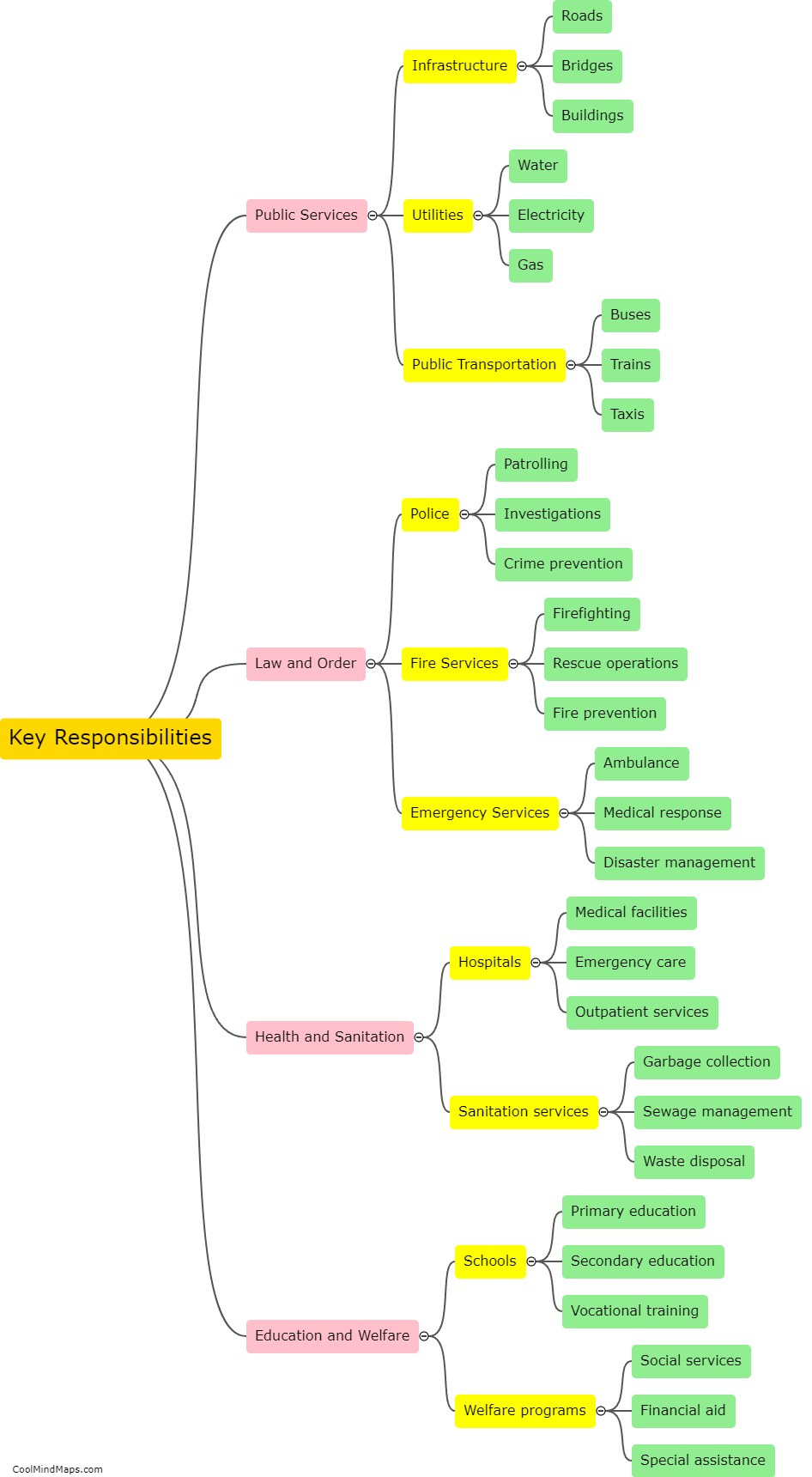
This mind map was published on 11 September 2023 and has been viewed 93 times.

